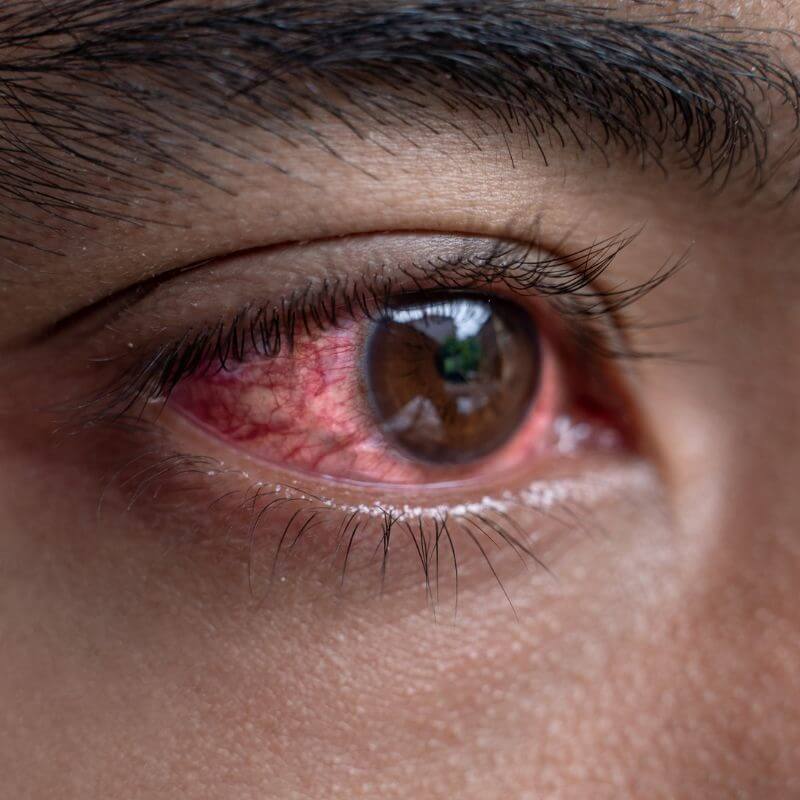If you have a family history of chronic and vision-threatening eye problems, knowing about it is not enough, you must act proactively on it to reduce your risk of vision loss
Proactive Action Changes Things.
If one or more people in your family have vision-threatening chronic eye problems like glaucoma, diabetic eye disease, macular degeneration, cataracts, eye stroke, and more, you must proactively take care of your eyes to prevent irreversible loss of vision.
Here’s why proactive eye care is important in this situation;
Vision-threatening chronic eye problems develop quietly and do not show symptoms on time. By the time you begin to observe symptoms, you have already lost some vision.
Having a family history of these eye problems increases your risk of developing them at a much younger age than others. The development of chronic eye problems is associated with one or more of these – aging, genetic inheritance, and lifestyle. Family history is often a combination of genetic inheritance and lifestyle factors shared by family members and its effects are usually stronger than aging. For this reason, chronic eye problems when due to family history tend to start at a much younger age than when caused by aging.
The onset of these diseases at younger ages than usual is one major reason why they are not detected on time. Many young people who are at risk assume that they are too young to develop chronic diseases and tend to present late for eye examination, diagnosis, and treatment.
So, being proactive with eye care is the only way to avoid being taken unawares. It is the only way to prevent vision-threatening chronic eye problems. In situations where prevention isn’t possible, it is the only way to detect eye problems early, get an opportunity to start treatment on time and prevent vision loss.
To reduce your risk of vision loss, take these steps:
1. Do a baseline eye check early
A baseline eye check is the first eye check you do that is properly documented and can be referred to in the future.
A lot of people have gone for eye checks in the past but do not have a record of them and have lost touch with the facilities where they were done. This isn’t helpful because you need a record of your eye check to monitor your vision and reduce your risks.
It is essential to do this eye check early since people with a family history of these eye problems tend to develop them at a younger age than other people.
2. Learn and understand your risks
You cannot change your family history but you may be able to control factors that contribute to your risk. To do that, you need to know and understand them.
For instance, if you have a family history of glaucoma, you cannot change that but you can control some lifestyle behaviors and exposures that increase the risk such as missing your eye checks, high blood pressure, diabetes, sedentary lifestyle, and eye injuries.
3. Make lifestyle changes
Adopt lifestyle activities that make the best impact on your vision and reduce or quit doing things that are harmful to your vision. More information on making eye-friendly lifestyle changes can be found in chapter four of my book – How Not to Go Blind from Chronic Eye Conditions.
4. Monitor your vision
Go for your annual eye checks and follow-up appointments. Also, monitor your vision at home in between your visits to your eye doctor and get in touch with him or her if you observe anything unusual.
5. If diagnosed, start treatment promptly
The earlier you start treatment, the better your chance of preventing vision loss. It is therefore very important that you never ignore the diagnosis of a vision-threatening chronic eye problem. If you have doubts, get a second opinion, and once confirmed, start treatment.
Now you know how to proactively care for your eyes and reduce your risk of vision loss from chronic eye diseases that run in your family.
If you have not done an eye check in the past year or you do not have a record of your last eye check, this is the time to go for a comprehensive eye check and ensure that it is properly documented and can used to monitor your eye health in the future.

